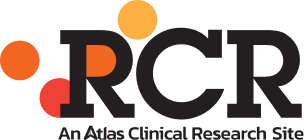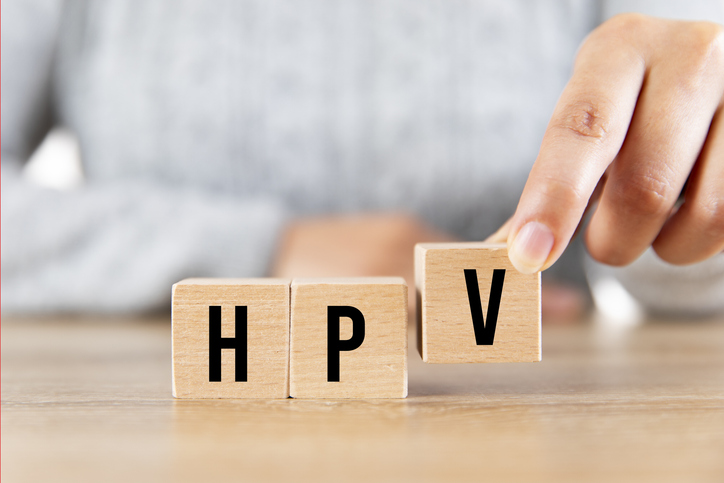In order to make sure a new drug or vaccine is effective, studies often use a placebo or control group. Placebos are “sugar pills” or “dummy drugs” with no active ingredients and are made to look like the real medicine. A control is a standard treatment (that may be currently used) for the illness. Both placebos and controls are used in research studies to prevent the placebo effect, or the real or apparent improvement in a patient’s condition due to wishful thinking by the investigator or the patient.
Study participants often do not know if they received the study drug or placebo or control group. This is called a Blinded study. Blinded studies can being single or double blinded. A single blinded study is where the participants do not know which medicine is being used, and they can describe what happens without bias, however the doctor or nurse does know what was being given to the patient. Double blinded studies means that the participant nor the doctors or nurses administering the medication or vaccine knows what is being used. The determination of what participants receive, is usually made by a computer program. Both of these methods are again used and often required to ensure that any improvement during the study is due to the study drug and not “suggestion”. Studies may also be Open Label which means the study in which all parties are informed of the drug and dose being administered.
If you are participating in a blinded study, you will find out what you received once the study is completed and the sponsor has unblinded the study. The time frame in which a study is unblinded does vary from study to study.




